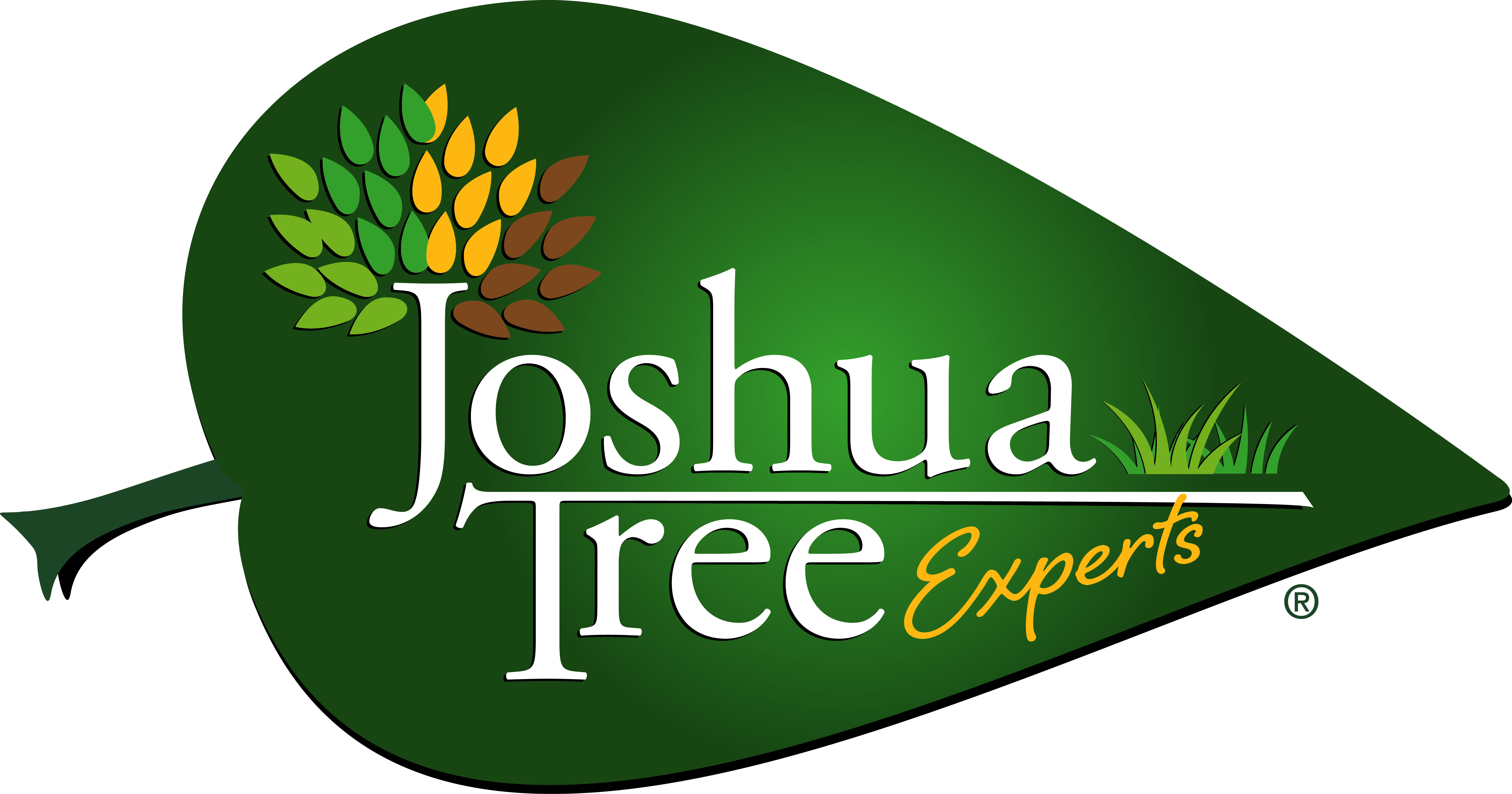If you’re like most people, having a beautiful, lush, green lawn is important to you. A healthy lawn is a point of pride for a lot of people. It boosts curb appeal and helps make time outdoors more enjoyable.
You probably already know that the best way to achieve a thick green lawn is by investing in lawn care. Lawn care services like fertilization and weed control help promote a healthy turf.
If you’ve started to explore your options, you might be trying to understand the differences between organic vs traditional lawn care. Is organic lawn care really all it’s made out to be?
There are definitely some misconceptions we want to clear up. That’s why we will be exploring some of the pros and cons of organic lawn care along with what you ought to know about traditional lawn care programs.
We will cover:
- What is organic lawn care?
- What is the difference between synthetic and organic lawn care?
- Is organic lawn care effective?
- Does organic fertilizer really work?
- What cultural practices can reduce long-term reliance on synthetic products?
- How do I choose a lawn care company?
After reading this article, we hope that you’ll have a much stronger understanding of what’s involved in lawn care and what type of lawn care program might be the best fit for you.
What is organic lawn care?
These days, “organic” is a popular buzzword found on everything from food to household products. People like seeing that a product is “organic,” so it’s no surprise that it’s also a popular buzzword in the world of lawn care.
The trouble is, this word can have different meanings and in the lawn care industry isn’t regulated the way that it is with food. That means what one company boasts as being organic lawn care could be completely different from what another company does.
In many cases, people equate “organic” to “natural.” This might mean a lawn care program that does not use anything synthetic.
But most "natural" companies say that their products are "organic based” as opposed to being purely organic. That means they use some amount of pesticides along the way. Although the base of some of their products may be organic, they are mixed with pesticides (but in smaller doses).
At the end of the day, the word organic is often used more as a marketing ploy and clients need to be careful to understand what they’re really getting.
What is the difference between organic and synthetic lawn care?
The biggest difference with an organic lawn care program (as opposed to traditional lawn care) is avoiding the use of pesticides and synthetic-based (“man-made”) fertilizers.
Let’s compare organic vs. traditional lawn care more closely.
This will provide some insight into the pros and cons of organic lawn care vs. synthetic lawn care.
Organic Lawn Care
Let’s dive into what you can anticipate with an organic lawn care program. Keep in mind that many companies do use this word more as a marketing gimmick and might be making exaggerated claims.

But generally speaking, organic lawn care typically includes some of the following:
- Fertilizers are made from products like manure, bone meal, and fish emulsion to name a few.
- These non-synthetic products tend to have a foul odor and can stain some surfaces.
- The end cost to the consumer is very high.
- The fertilizer results are slower but they do provide longer lasting benefits.
- Fertilizers are better for soil health and water quality.
Herbicides typically remain synthetic in these programs but are used at a smaller rate. Companies will "spot treat" for weeds, insects and diseases.
This does not ensure full coverage. Therefore, weeds, insects and diseased areas may be missed.
Traditional Lawn Care
Traditional lawn care programs are those that use synthetic-based products. These are man-made and can provide better rates and an exact science of how much to use and when. This includes fertilizers, pesticides (herbicides for weeds, insecticides for insects, and fungicides for diseases).

Here are some additional facts about traditional lawn care.
- Synthetic products are applied across the entire lawn to ensure proper coverage.
- These products are fast-acting and require little to no effort on the client's end.
- The results from a synthetic lawn care program are faster.
- The end costs to the consumer of these products are relatively lower.
All Pesticides come with labels and provide rates at which the EPA and Department of Agriculture will regulate. Companies have to follow these guidelines.
All of these products are specifically designed to "do the job" as guaranteed on the label under ideal conditions.
While there’s no question there are some organic lawn care benefits, most homeowners ultimately decide that they would prefer a traditional lawn care program that ensures faster and more effective results.
Is organic lawn care effective?
While organic lawn care can work, it is not as effective as a traditional lawn care program. This is the reason why most companies, even those claiming to be “organic,” use at least some control materials.
In fact, Joshua Tree Experts used to offer an organic lawn care option, but clients were not pleased with the spotty results.

We found that if people were hiring us, it’s because they wanted to see great results. Control products are necessary to get weeds under control, to deal with damaging pests and disease, and even to give your lawn the nutrients it needs to perform its best.
Does organic fertilizer really work?
Yes, organic fertilizer can work, but it will not provide results as quickly and effectively as synthetic fertilizers. As mentioned previously, organic fertilizers are made from products like manure, bone meal, and fish emulsion to name a few.
Organic fertilizers can have a foul odor, stain some surfaces, and are expensive.
These products can improve soil health but many lawn care clients are not as satisfied with them.
What cultural practices can reduce long-term reliance on synthetic products?
Good cultural habits can help reduce the long-term reliance on synthetic products. While that doesn’t mean you’ll require no products, you can reduce the use with some of these recommended practices.
Proper mowing: It’s so important that you follow proper mowing habits. People commonly underestimate how much mowing can impact your lawn care results.

Here are some of our best proper mowing tips.
- Mow at the right height for your type of grass.
- Sharpen blades annually (or twice a season if you can). Mowing with a sharp blade is imperative to the health of your lawn.
- Remove only one-third of the grass blade at a time. Anything more than this is really stressful for your lawn.
- Avoid scalping the lawn. This will make it prone to weed growth.
- Avoid using a mowing service. Yes, we know it might not be your favorite chore, but when you handle the mowing yourself, you are in control. Mowing services often fail to sharpen blades or clean them off. They commonly transfer weed seeds and diseases from lawn to lawn.
- Avoid mowing in the morning and when the lawn is wet. It can put a lot more stress on your lawn and leave ruts behind.
Beyond mowing, practice proper water management/irrigation. Keep in mind that if your water is drought-stressed it is going to deal with more problems. You need to check sprinkler heads and make sure you are watering at the appropriate times and intervals.
Lawns need around 1 to 1.5 inches of water per week. This is typically 30 minutes of watering three times a week.
Practice turf maintenance: making sure that you are maintaining your turf in a healthy way is also important.
Here are a few turf maintenance tips to keep in mind.
Mulch the grass. Mulching helps your turf by replenishing water and Nitrogen found in the cut grass blades as well as reducing evaporation from the soil surface.
Control excess thatch. In a healthy lawn, the thatch level is ½ inch or less. When the thatch layer is over ½ inch, the chances of insect and/or disease infestation are greatly increased.
Thick thatch prevents air, water and nutrients from reaching the root zone. This means your lawn looks less than satisfactory despite loving care. We recommend yearly aeration to reduce thatch, lessen soil compaction, and encourage deeper root growth.
The density of your lawn also plays a factor in the overall health of your lawn. A dense lawn is best achieved with proper fertilization.
Aeration and overseeding can help develop a more disease-, drought-, and insect-resistant lawn.
How do I choose a lawn care company?
Although it can be time-consuming to perform research, that is the best way to narrow down your choices of lawn care companies and find the one that is best for you.
You’ll obviously also want to look at the lawn care programs offered by various lawn service companies. When comparing lawn care programs, what you really need to evaluate is what’s included. You can make side-by-side lists to compare exactly what you’re getting for your investment.
Don’t get too caught up with buzzwords like organic lawn care. As we mentioned, these can be misleading. Hopefully this article has given you a much stronger understanding of what this might really mean.
We’re Here to Help
At Joshua Tree Experts, we are here to help however you may need us. We know that lawn care can be confusing but we are here to answer any questions that you may have.
We also have lawn care programs and services that can meet a variety of your needs. By choosing Joshua Tree, we can help put your lawn care worries to rest.
If you’d like to know more about how Joshua Tree Experts can help meet your lawn needs at your home, or you have more questions, we’re here to help! Get in touch or give us a call at 833-JTE-TREE to get free expert advice and learn more about our lawn care program options!




